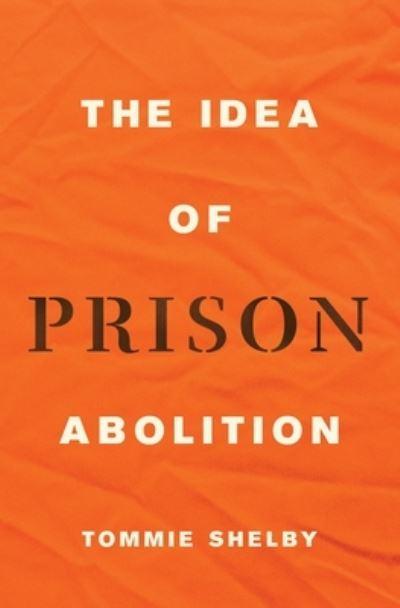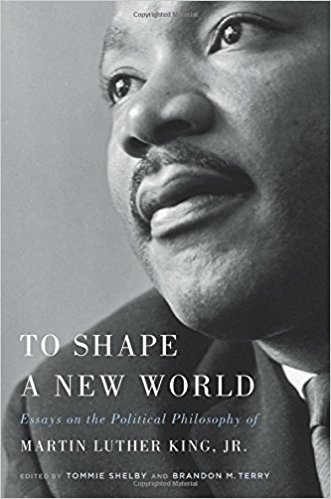The Idea of prison abolition
- ISBN: 9780691229751
- Editorial: Princeton University Press
- Fecha de la edición: 2023
- Lugar de la edición: Princeton (NJ). Estados Unidos de Norteamérica
- Colección: Carl G. Hempel lecture series
- Encuadernación: Cartoné
- Medidas: 21 cm
- Nº Pág.: 248
- Idiomas: Inglés

An incisive and sympathetic examination of the case for ending the practice of imprisonment
Despite its omnipresence and long history, imprisonment is a deeply troubling practice. In the United States and elsewhere, prison conditions are inhumane, prisoners are treated without dignity, and sentences are extremely harsh. Mass incarceration and its devastating impact on black communities have been widely condemned as neoslavery or "the new Jim Crow." Can the practice of imprisonment be reformed, or does justice require it to be ended altogether? In The Idea of Prison Abolition, Tommie Shelby examines the abolitionist case against prisons and its formidable challenge to would-be prison reformers.
Philosophers have long theorized punishment and its justifications, but they haven't paid enough attention to incarceration or its related problems in societies structured by racial and economic injustice. Taking up this urgent topic, Shelby argues that prisons, once reformed and under the right circumstances, can be legitimate and effective tools of crime control. Yet he draws on insights from black radicals and leading prison abolitionists, especially Angela Davis, to argue that we should dramatically decrease imprisonment and think beyond bars when responding to the problem of crime.
While a world without prisons might be utopian, The Idea of Prison Abolition makes the case that we can make meaningful progress toward this ideal by abolishing the structural injustices that too often lead to crime and its harmful consequences.
Chapter 1. Army of the Wronged: Political Prisoners and Black Radicalism
Chapter 2. The Uses and Abuses of Incarceration: Punishment, Dehumanization, and Slavery
Chapter 3. A Broken System? Racism and Functional Critique
Chapter 4. The Prison Industrial Complex: Profit, Privatization, and the Circumstances of Injustice
Chapter 5. Responding to Crime: Incarceration and Its Alternatives
Chapter 6. Dreaming Big: Utopian Imagination and Structural Transformation








